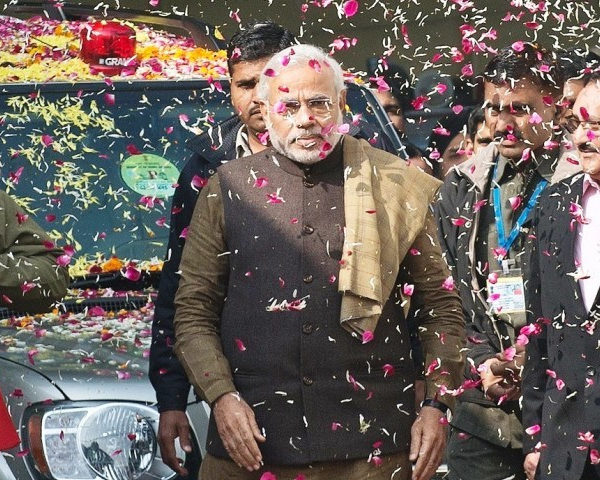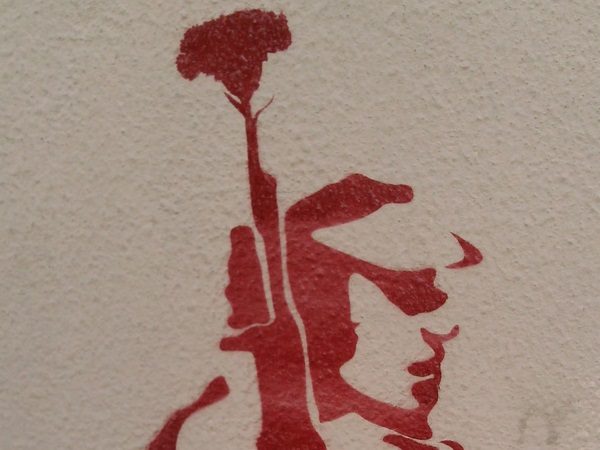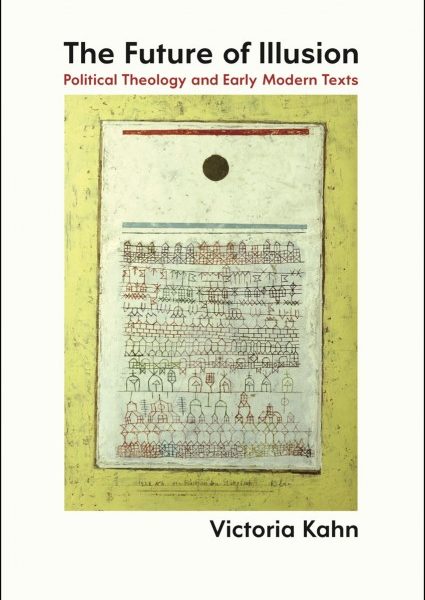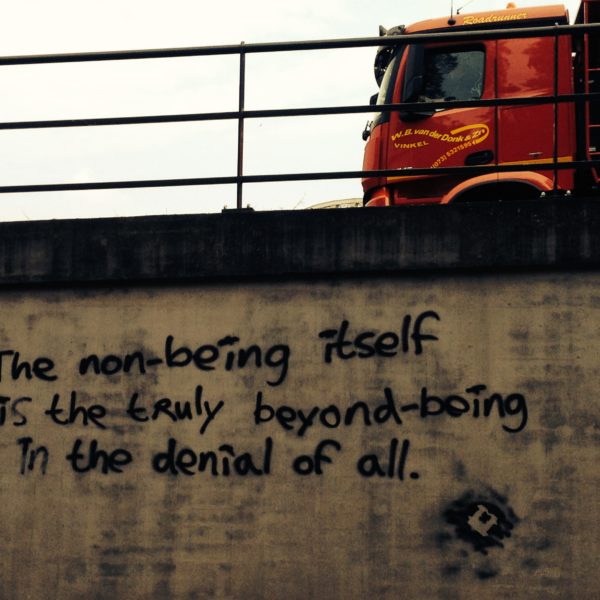
. . . The underlying structural crisis does not seem to have gone away. Indeed, in the last year and, more perspicuously in the past two weeks, it has found a more demanding as well as disquieting focus — student debt as well as the economic albatross of the maturing millennial generation itself. . . . The real scandal is the monstrous moral hazard that the student loan lending system has spawned. It amounts, according to Taibbi, “a shameful and oppressive outrage that for years now has been systematically perpetrated against a generation of young adults.”
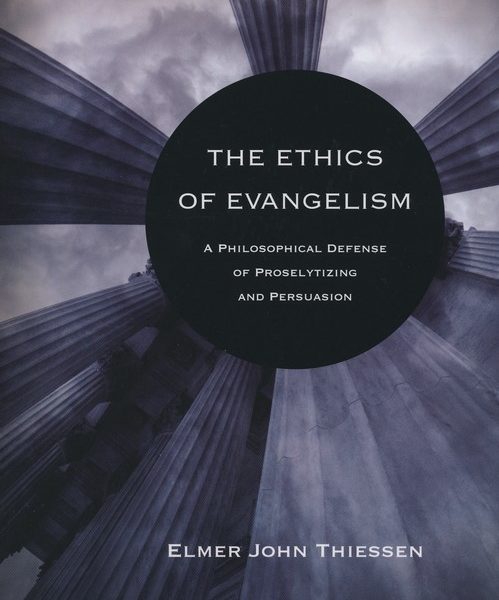
The activity of religious proselytizing or evangelism is often under attack, and would seem to be increasingly so today. Sometimes critics suggest that most proselytizing is immoral, while at other times they call into question the very institution of proselytizing. In other words, proselytizing is considered to be immoral by its very nature. This opposition to proselytizing spills over into the political realm, with at times growing world-wide restrictions on religious freedom and the right to proselytize.
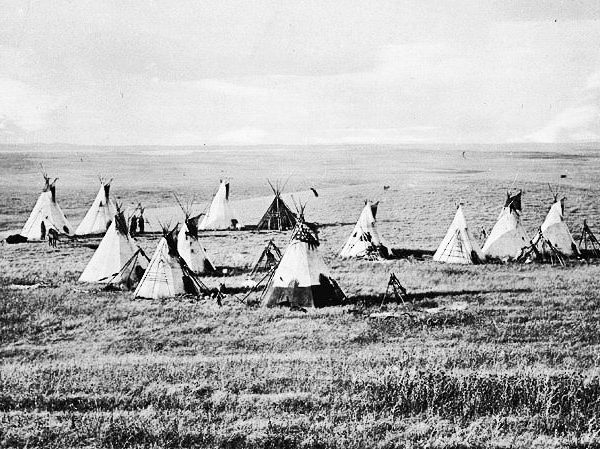
Exodus reminds us of what as human beings we have in common with the land and all of its resources—we are all both creations and possessions of the eternal God. In light of this, as we recognize and respond to our own needs and desires, making claims on the land as a result, we must also recognize the land as possessing its own distinct claims, dignity, and integrity.
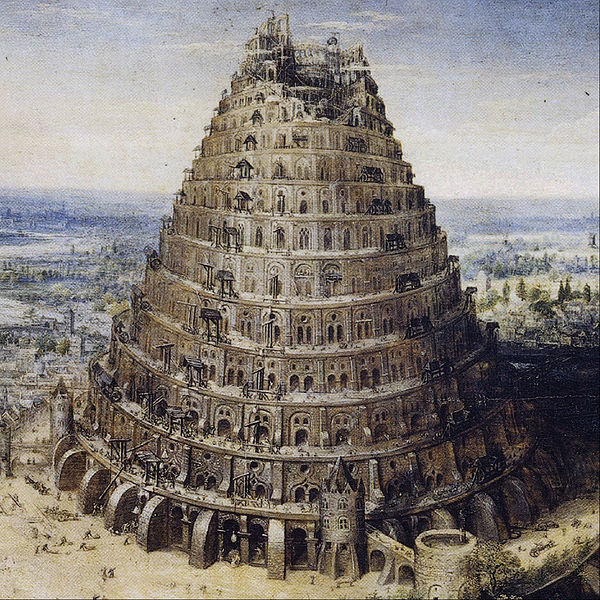
As the people of Pentecost, our political vocation is to manifest the reality of God’s worldwide kingdom, to be a place where the enmity between peoples is overcome and the many tongues of humanity freely unite in the worship of their Creator. Amidst the Babelic projects of the ages, the Church proclaims by its existence that the kingdom belongs to God, that there is no other true ruler over all the nations.
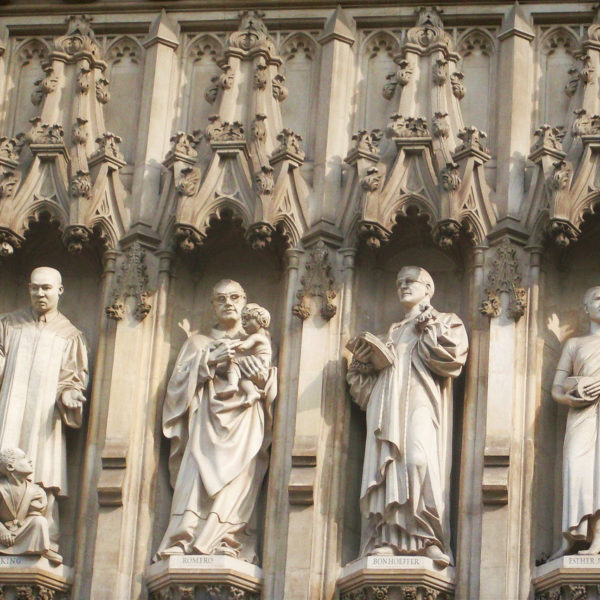
. . . Here, I focus on Dietrich Bonhoeffer’s theology of friendship. My underlying proposal is that Bonhoeffer’s particular approach to friendship which emphasizes concrete, personal encounter with “the other” in community is uniquely suitable for Christians in an increasingly pluralistic, politically polarized, and techno-social world. My hope is that Bonhoeffers theology and praxis can challenge us to think more deeply and comprehensively about what is required for Christian witness in the 21st century.
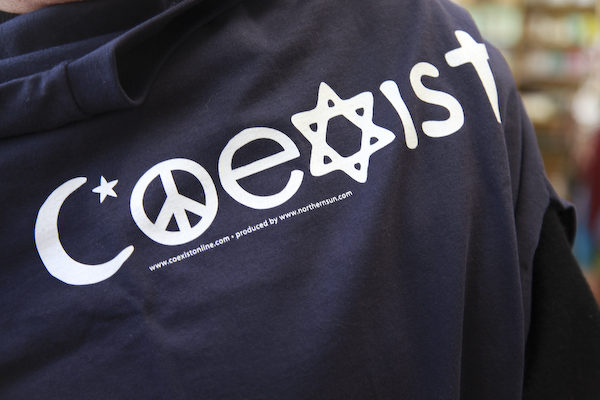
The stark repetition of the admonition to being of one mind in the first and last phrases is particularly arresting, and particularly challenging for us today. After all, for contemporary liberalism, being of one mind is no virtue, and the same could be said for most contemporary Christians. We no longer think of pluralism as simply a pragmatic political strategy for negotiating irresolvable difference, but as a good in itself. It is difference, we say, that makes us strong, tolerance and indeed embrace of otherness.

The myth of Captain America introduces us to a serious quandary. Can liberal democracy be de-coupled from violence or is it doomed to repeat old battles? For Christians the question is doubtless a complex one. The Church can doubtless find much in Rogers’s democratic creed to admire; his sense of self-sacrifice, his public spirit and sense of civic duty. There is something of the righteous pagan in the Captain America myth which should not be lightly dismissed.
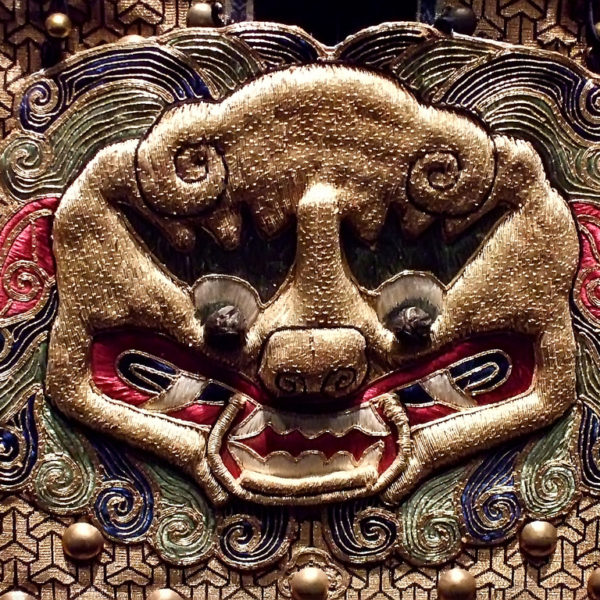
Is the Taiping Revolution (1850-1864) the moment when the revolutionary Christian tradition arrives in China? I suggest that it is precisely such a moment, for a number of reasons. These include a radical reinterpretation of the Bible, a thorough challenge to the underlying structures of existing power, a communistic way of life, and the development of a distinctly new religious form.
